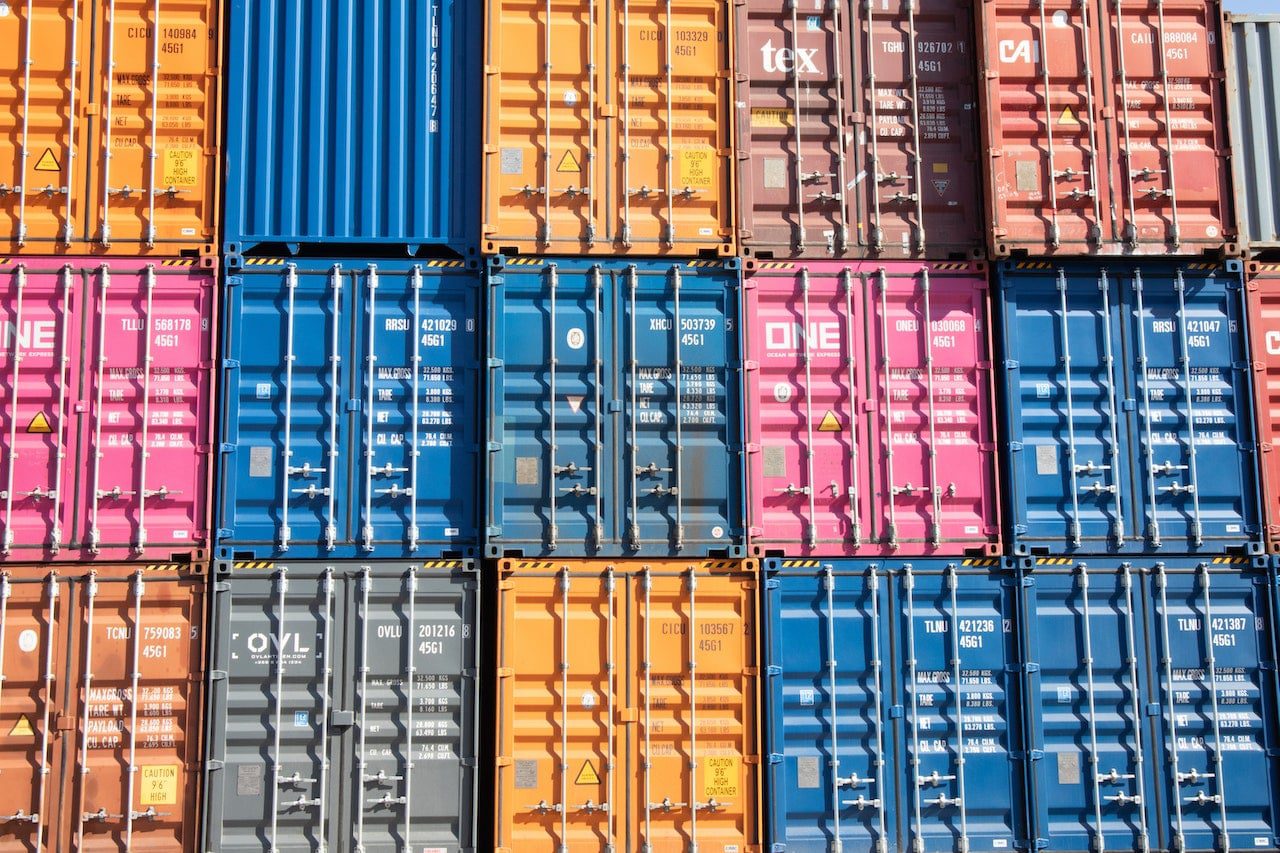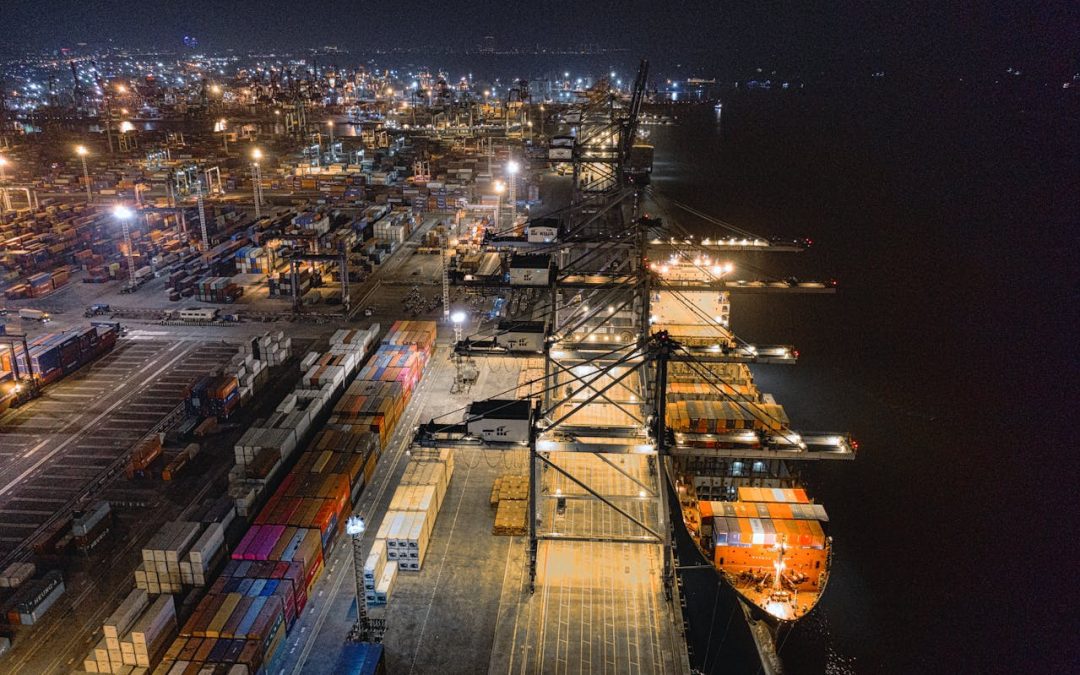Global trade is booming, and there are a great deal of businesses looking to import to the UK.
Before you set up shop, there are 3 things you need to know about importing.
Here we go!
Customs Procedures
There’s no two ways about it, all goods entering the UK must clear customs to be allowed in.
Customs plays a vital role in international trade. The customs authority of a country is responsible for controlling the flow of goods as well as collecting customs duties and VAT.
To ensure imported goods are customs compliant, businesses must adhere to the UK’s stringent policies and procedures. First and foremost, you’ll need an EORI number. This is a unique reference number given to imports and exports entering or leaving the UK.
Documentation
Getting documentation right is essential and is often where people go wrong. Without the correct documents, your goods may not be released into free circulation, meaning you’ll experience delays while obtaining or amending the right bits and pieces.
Important documents you might need to consider when you’re importing goods into the UK include:
- Import declaration. This legal document declares the value and contents of the goods you are importing into the UK.
- Bill of Entry. This legal document is filed by importers or their customs brokers before the arrival of the goods in their destination country.
- Commercial invoice. This export document is required by customs upon entry to the importing country. The commercial invoice acts as a request for payment.
- Bill of Lading or Airway Bill. These are complicated shipping documents that serve mainly as a contract between all parties involved in a shipment, whether it’s domestic or international.
- Import license. Some businesses may need to apply for a license to import their goods; import licenses are designed to regulate certain types of goods entering the UK.
- Certificate of insurance. This document is provided by the company you’ve chosen to insure your shipment and details the cover given.
Declarations
Making your customs declaration is a crucial part of navigating UK customs procedures.
To declare your goods, you must subscribe to the Customs Declaration Service using your Government Gateway ID. This means that you can easily submit declarations online, get postponed import VAT statements and pay Customs Duty and import VAT, among other CDS services.
To complete your customs declaration, you will need to use the correct commodity codes for your goods. These can be found on the UK Trade Tariff.
Valuation
When you import goods into the UK, you must provide HMRC with details of their value. This can be done manually or electronically, and there are several different ways in which goods can be valued depending on their nature.
HMRC offer a detailed guide which can be insightful when determining the value of your consignments, but Millennium would always recommend getting someone to deal with customs for you if you’re not an importer yourself.
Clearance
Once customs agents have been satisfied that your shipments are compliant and all necessary documentation has been provided, your goods can be released from customs and collected for the next leg of their journey.

VAT Considerations
VAT stands for Value Added Tax. Import VAT applies to all goods entering the UK from other countries, including Europe, except Northern Ireland.
All shipments worth over £135 are subject to this added tax charge, which is usually 20% if you’re a VAT-registered business. VAT is calculated against the value of a whole shipment, including the goods themselves, shipping costs, handling charges and duties.
Since Brexit, it is no longer necessary to settle VAT at the border. But duties do need to be paid on the scene, and that can be a pain if you import goods regularly. To make things easier, you can delay customs duties and import tax payments and pay monthly rather than by consignment using a Duty Deferment account. Read more about the scheme here.
Import Regulations
Some goods being imported into the UK are subject to extra requirements. Goods coming from specific countries may be prohibited or restricted, or they might require particular certificates, licences or permits to be accepted.
For example, you will need special documentation to import any of the following:
- Firearms, which require a firearms import licence notice.
- Bees, for which you need permission from DEFRA (Department for Environment, Food & Rural Affairs).
- Plants. These require a phytosanitary certificate.
- Agricultural products which may need a type of import license.
Alongside registering for that crucial EORI number we mentioned in the previous section, businesses need to ensure their products comply with particular requirements to be granted entry to the UK.
The CE mark, for example, shows that a product complies with EU legislation and that the manufacturer has ensured the products meet EU health, safety, environmental and technical requirements.
‘Use by’ dates are another example of requirements placed on goods being imported to the UK and form part of the packing and labelling requirements of food standards regulations. The dates are designed to keep us safe because food can smell and even taste normal when it is actually unsafe to consume.
Are You Importing Goods To The UK?
These three considerations are just the tip of the iceberg when it comes to getting your goods into the UK. Doing your homework ahead of time means you can avoid costly delays and unhappy supply chains.
Wondering how best to get your goods into the UK? Confused about the import requirements of a particular type of good? Get in touch with Millennium today.

